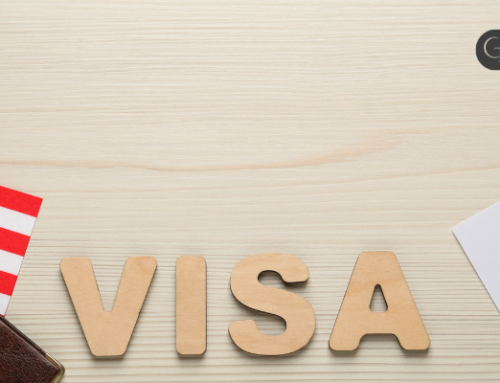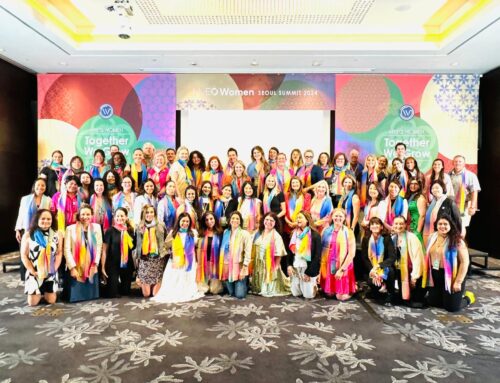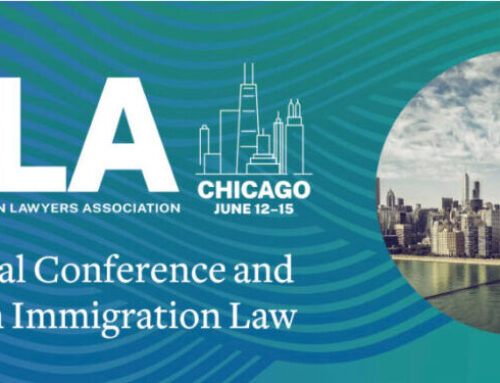The United States Citizenship and Immigration Services (USCIS) has recently provided guidance on the International Entrepreneur Parole (IEP) program. This program was created to allow international entrepreneurs to temporarily come to the US to start and grow their businesses.
Under the IEP program, eligible entrepreneurs can apply for parole, which allows them to enter the US for up to five years. During this time, they can work on their business and seek funding from US investors. To be eligible, entrepreneurs must demonstrate that their business has the potential for significant growth and job creation. Spouses of entrepreneurs paroled into the US under this program can apply for work authorization that will allow them to work for any employer in the US.
USCIS has provided guidance on how to apply for the IEP program, including the forms and documentation required. USCIS has also clarified that parole under the IEP program can be extended for an additional five years, as long as the entrepreneur continues to meet the eligibility requirements.
Additionally, USCIS has emphasized that parole under the IEP program is not a visa and does not provide a path to permanent residence in the US. However, parolees may be able to apply for other visas or green cards while in the US.
The IEP program is an exciting opportunity for international entrepreneurs who are looking to start or grow their businesses in the US. By providing guidance on the program, USCIS is making it easier for eligible entrepreneurs to apply and take advantage of this opportunity. The IEP program has the potential to bring innovation, job creation, and economic growth to the US, while also benefiting the entrepreneurs and their businesses.
For more information, visit the USCIS website.
About the Author
Natalia Muñoz
Natalia Muñoz is an Associate Attorney at Garvish Immigration Law Group. She was born and raised in Bogota, Colombia where she earned a law degree from Universidad de Los Andes followed by a specialization in Foreign Relations and Negotiation at the same University. She later moved to the U.S. to pursue her graduate studies in law in Boston University. After graduating she moved to Miami where she worked as an international tax and corporate attorney advising foreign investors for over 15 years.







